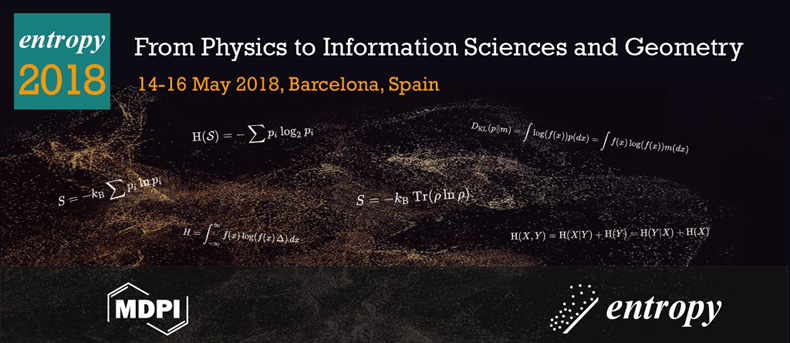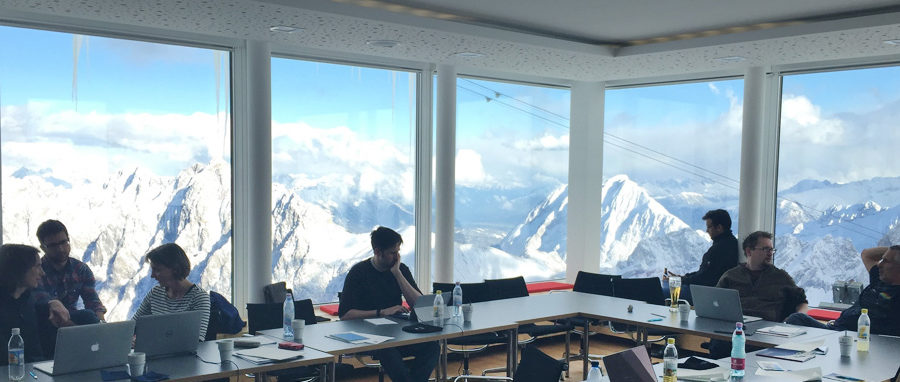Paper Published: Moges, E., et al. (2022), HydroBench: Jupyter supported reproducible hydrological model benchmarking and diagnostic tool
Moges, E., et al. (2022). HydroBench: Jupyter supported reproducible hydrological model benchmarking and diagnostic tool. Frontiers in Earth Science, No. 30, September 2022. https://doi.org/10.3389/feart.2022.884766


